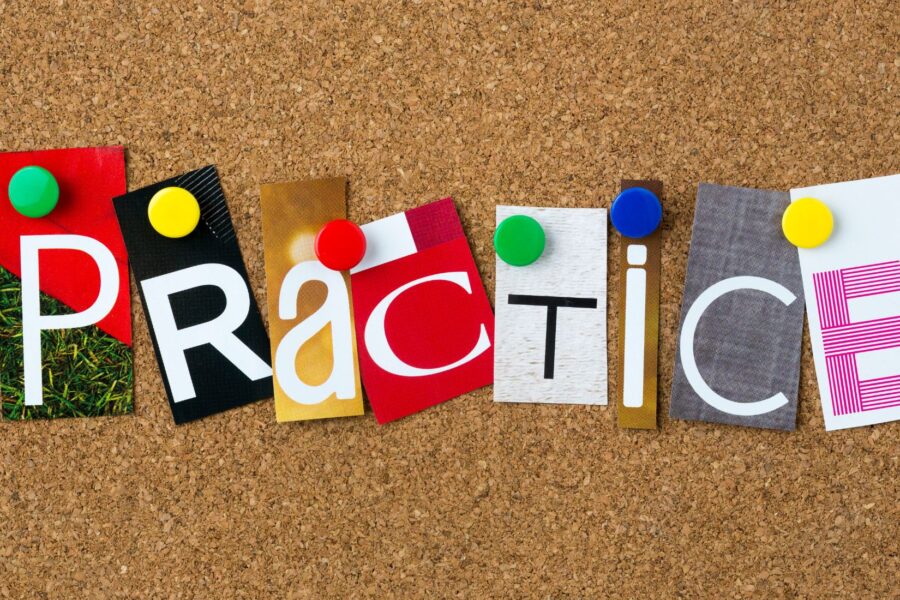School is back in session and so is all our fall sports… football, soccer, cross country, ice hockey, cheerleading, lacrosse, golf, field hockey, girls’ volleyball, and boys’ water polo. The risk of sports injuries for a student-athlete is something that cannot be denied. From one website to another, statistics are all over the place when it comes to how many student-athletes report some sort of sports-related injury and how many of these student-athletes played their sport while injured. I did when I played, and I know my own children did when they played. Student-athletes can be their own worst enemies!!! Team spirit, school spirit, the desire to play and not let the team down, are all reasons as to why student-athletes play injured. But instead of playing hurt/injured, start out your season playing smart! There are a number of things you can do as a student-athlete to potentially have an injury free season.
* Warm Up and Stretch Before Games and Practices. Coaches should set aside time before every game and practice for athletes to warm up properly. But, unfortunately, that does not always occur. So, it is up to you, as the student-athlete, to get to practice and games early enough to warm up and stretch. Stretching before games and practices can release muscle tension and help prevent sports related injuries.
* Hydrate, Hydrate, Hydrate. It is important to stay well hydrated by drinking plenty of water before, during, and after play/practice. Water regulates your body temperature and lubricates your joints. It helps transport nutrients to give you energy and keep you healthy. If you’re not hydrated, your body can’t perform at its highest level. You may feel tired, have muscle cramps, dizziness, or other serious symptoms. This, of course, can lead to injuries in games and practices.
* Wear Appropriate Sports Gear. Use appropriate and properly fitted sports gear to prevent or reduce the severity of injuries. Depending on your sport, this may include helmets, shin guards, mouth guards, ankle braces, shoes, sunscreen, and more.
* Don’t Take Chances with the Brain. Know the signs and symptoms of a concussion. Do not ever take chances when it comes to your health and your brain. After all, you will be around long after your sport has ended. How you spend that time depends on how you take care of yourself now!
* Make Rest a Priority. Athletes should take one day to totally and truly rest. Two days would be ideal, but we know that that is not realistic, especially when you get to the high school level and beyond.
* It’s Ok to Tell. Do not be afraid to tell your coach, parent, or other adult about any pain, injury, or illness you may have before, during, or after any practices or games, especially if the pain/injury progressively gets worse. Do not be afraid to tell your coach you need a break during a practice or a game due to overuse injuries.
The key to having an injury free season is hard work, proactivity, a whole lot of prayer, and a little bit of luck. If you do get injured, tell your coach and parent, and if needed, visit your medical professional, physical therapist, and/or athletic trainer. Most athletes, at some point in their athletic career, will play with some type of pain/minor injury. But, don’t let your season come to a premature end because you failed to play and practice smart!
Resources
10 Tips for Preventing Sports Injuries
Injury Prevention for High School Athletes
Help High School Athletes Avoid Injury




Recent Comments